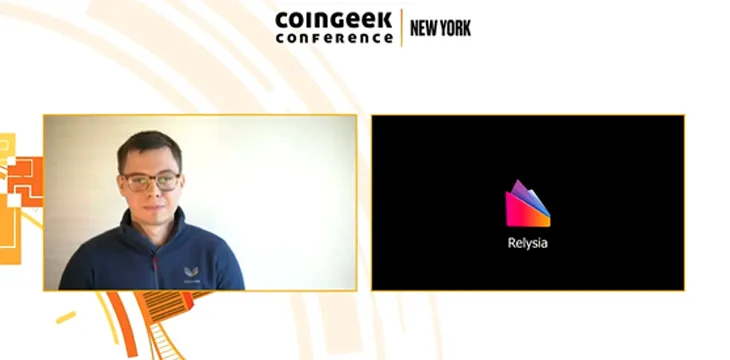
Bitcoin script
STAS Tokens on BSV now more available to use under MIT License
STAS tokens are now under an MIT License, meaning developers can now create tokens based on permissionless smart contracts without...
David Case gets technical with Bitcoin masterclass coding sessions
Whether you're a coding pro or a novice, David Case's livestream sessions on the X platform are not to be...
OP_CAT enables any contract in Bitcoin
In a Silicon Valley seminar, sCrypt's Xiaohui Liu talked about Bitcoin contracts and how the opcode "OP-CAT" is fundamental to...
Bitcoin OP_CAT Use Cases Series #2: Merkle Trees
In this article, sCrypt enumerates the numerous applications for Merkle trees and how the OP_CAT opcode can be utilized to...
SHUAllet.js – A simple web wallet and browser plugin
Developers will now be able to streamline transactions with SHUAllet.js, an open-sourced and non-custodian wallet plugin created to make Bitcoin...
Introduce sCrypt: A Layer-1 smart contract framework for BTC
With sCrypt, developers can easily write, test, debug, deploy, and call BTC smart contracts in Typescript without needing to fork...

 07-05-2025
07-05-2025 
































